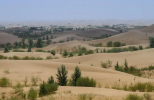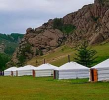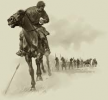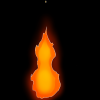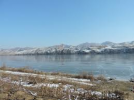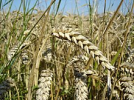ShinGeorgeTownRaja
Member
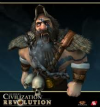
Suns rise, suns set. The world turns, and the seasons change. But this is not the world you know. This is a world far younger, more full of potential - the world of New Civilizations.
The date is five thousand years Before the Common Era - 5000 BCE. Mankind is a savage thing, little given to civilization, only taking her first steps toward ideas of government, religion, culture, and many other things beside. And you, by the quirks of fate, by a straying thread in the tapestry of the ages, find yourself thrown backward to this strange and barbaric time.
It will be desperate. It will be brutal. Life is cheap, and the luxuries and even common humanity which you are accustomed to are nowhere to be found. But to be a man in such times, to be a woman, is to stand at the dawn of human civilization. Your actions, your choices, your will - these will echo down through the centuries. You stand as a stone in the river, about which the currents of history now eddy and swirl.
What future will you forge? What story will you write, Author? Speak now the tale of the New Civilizations.
Note: The start date is January. Timeskips are allowed at your own discretion and you can post at any time as long as time doesn't pass by so suddenly.
Last edited:


